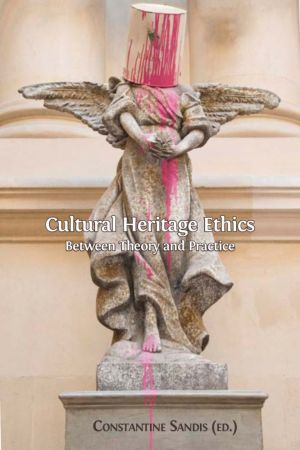
Theory without practice is empty, practice without theory is blind, to adapt a phrase from Immanuel Kant. The sentiment could not be truer of cultural heritage ethics. This intra-disciplinary book bridges the gap between theory and practice by bringing together a stellar cast of academics, activists, consultants, journalists, lawyers, and museum pr...
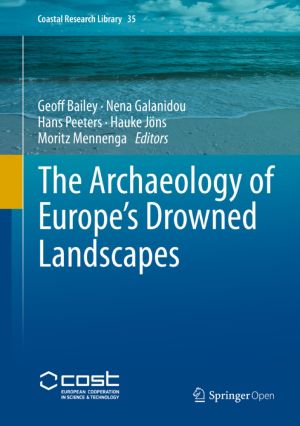
This open access volume provides for the first time a comprehensive description and scientific evaluation of underwater archaeological finds referring to human occupation of the continental shelf around the coastlines of Europe and the Mediterranean when sea levels were lower than present. These are the largest body of underwater finds worldwide, a...
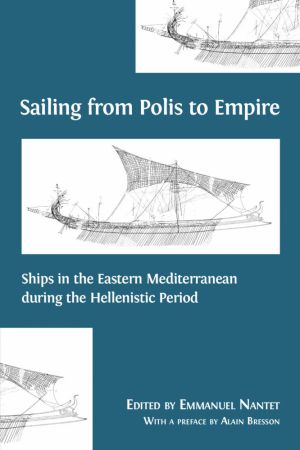
What can the architecture of ancient ships tell us about their capacity to carry cargo or to navigate certain trade routes? How do such insights inform our knowledge of the ancient economies that depended on maritime trade across the Mediterranean?
These and similar questions lie behind Sailing from Polis to Empire, a fascinating insight into th...
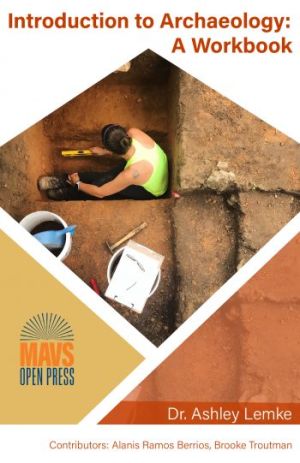
This workbook was designed for the Introduction to Archaeology (ANTH 2339) class in the Department of Sociology and Anthropology, University of Texas at Arlington. It was created to provide exercises that supplement and expand on topics and issues raised in lecture. For each major topic, students complete exercises that serve a range of functions; ...
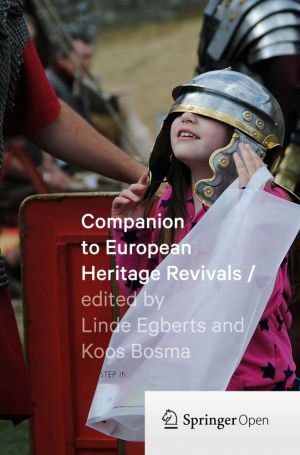
Are you organising an international heritage project? Turning a so-called 'heritage revival' into a meaningful experience for the general public can be a challenge to historians, archaeologists, museum conservators and tourism professionals alike. This Companion to European Heritage Revivals offers inspiration and new ideas to those who w...
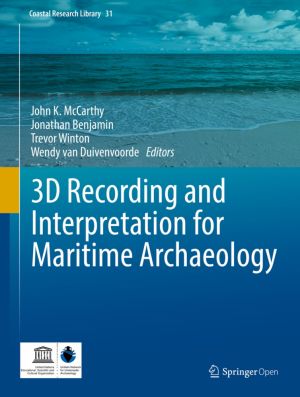
This book was inspired by the UNESCO UNITWIN Network for Underwater Archaeology International Workshop held at Flinders University, Adelaide, Australia in November 2016. Content is based on, but not limited to, the work presented at the workshop which was dedicated to 3D recording and interpretation for maritime archaeology. The volume consists of ...
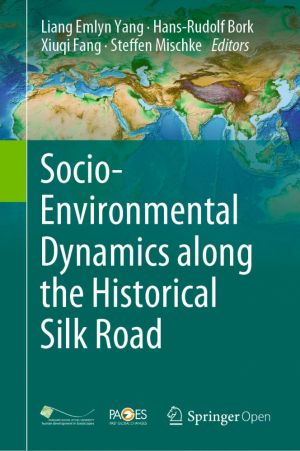
This book discusses socio-environmental interactions in the middle to late Holocene, covering specific areas along the ancient Silk Road regions. Over twenty chapters provide insight into this topic from various disciplinary angles and perspectives, ranging from archaeology, paleoclimatology, antiquity, historical geography, agriculture, carving ar...
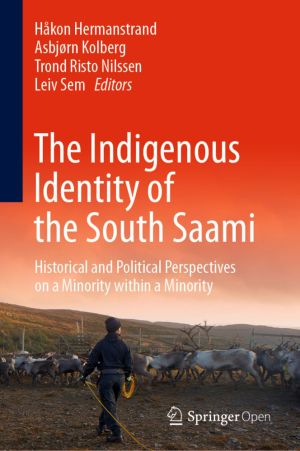
This book is a novel contribution in two ways: It is a multi-disciplinary examination of the indigenous South Saami people in Fennoscandia, a social and cultural group that often is overlooked as it is a minority within the Saami minority. Based on both historical material such as archaeological evidence, 20th century newspapers, and postcard motiv...
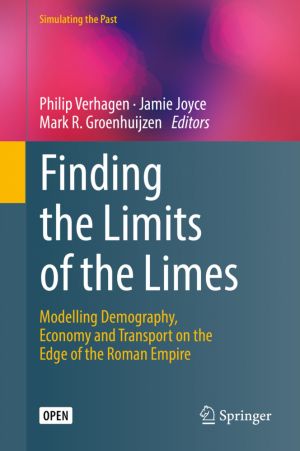
This book demonstrates the application of simulation modelling and network analysis techniques in the field of Roman studies. It summarizes and discusses the results of a 5-year research project carried out by the editors that aimed to apply spatial dynamical modelling to reconstruct and understand the socio-economic development of the Dutch part o...
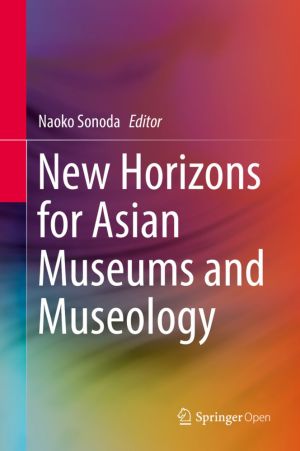
This book presents up-to-date information about museums and museology in present-day Asia, focusing on Japan, Mongolia, Myanmar, and Thailand.Asian countries today have developed or are developing their own museology and museums, which are not simple copies of European or North American models. This book provides readers with carefully chosen examp...
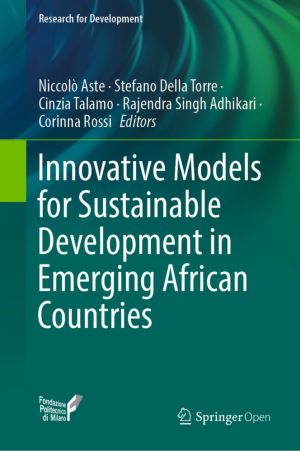
This free book explores key issues and presents recent case studies in areas of importance for the transition to a circular model of development in emerging African countries that will minimize resource consumption and waste production. The topics covered include the development of sustainable housing models, energy and environmental issues in buil...
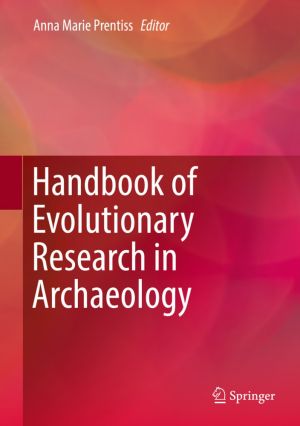
Evolutionary Research in Archaeology seeks to provide a comprehensive overview of contemporary evolutionary research in archaeology. The book will provide a single source for introduction and overview of basic and advanced evolutionary concepts and research programs in archaeology. Content will be organized around four areas of critical research in...
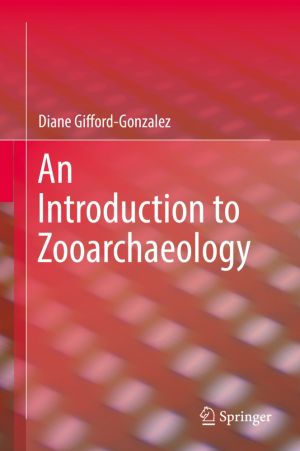
This volume is a comprehensive, critical introduction to vertebrate zooarchaeology, the field that explores the history of human relations with animals from the Pliocene to the Industrial Revolution. The book is organized into five sections, each with an introduction, that leads the reader systematically through this swiftly expanding field. Sec...
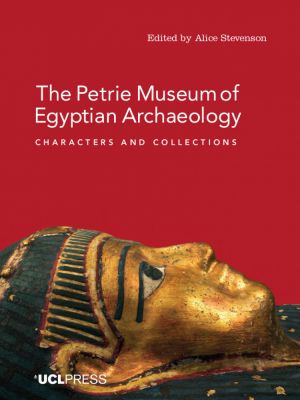
The Petrie Museum of Egyptian Archaeology first opened its doors in 1915, and since then has attracted visitors from all over the world as well as providing valuable teaching resources. Named after its founder, the pioneering archaeologist Flinders Petrie, the Museum holds more than 80,000 objects and is one of the largest and finest collections o...
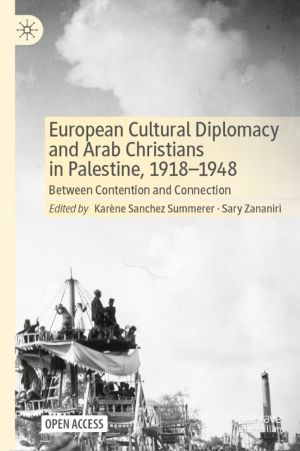
This open book investigates the transnationally connected history of Arab Christian communities in Palestine during the British Mandate (1918-1948) through the lens of the birth of cultural diplomacy. Relying predominantly on unpublished sources, it examines the relationship between European cultural agendas and local identity formation processes a...
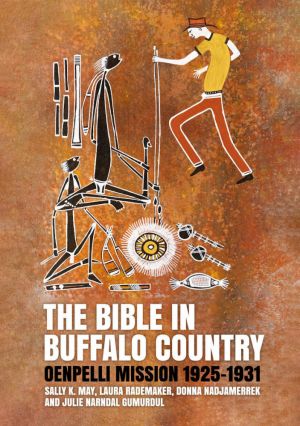
Arriving in the remote Arnhem Land Aboriginal settlement of Oenpelli (Gunbalanya) in 1925, Alf and Mary Dyer aimed to bring Christ to a former buffalo shooting camp and an Aboriginal population many whites considered difficult to control. The Bible in Buffalo Country: Oenpelli Mission 1925 - 1931 represents a snapshot of the tumultuous first six ye...
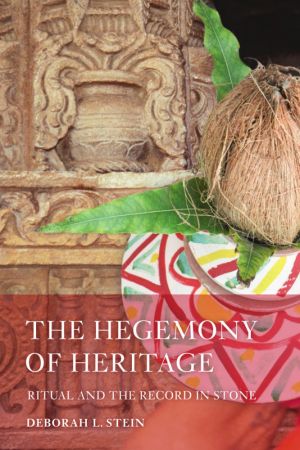
The Hegemony of Heritage makes an original and significant contribution to our understanding of how the relationship of architectural objects and societies to the built environment changes over time. Studying two surviving medieval monuments in southern Rajasthan - the Ambika Temple in Jagat and the Ékalingji Temple Complex in Kailaspuri - the aut...
